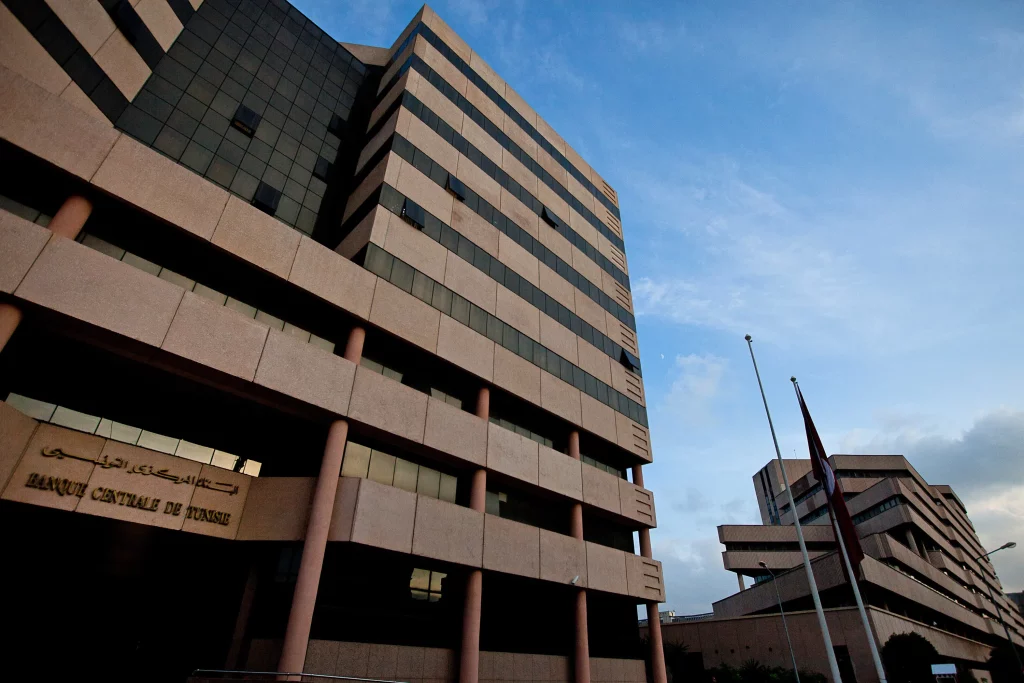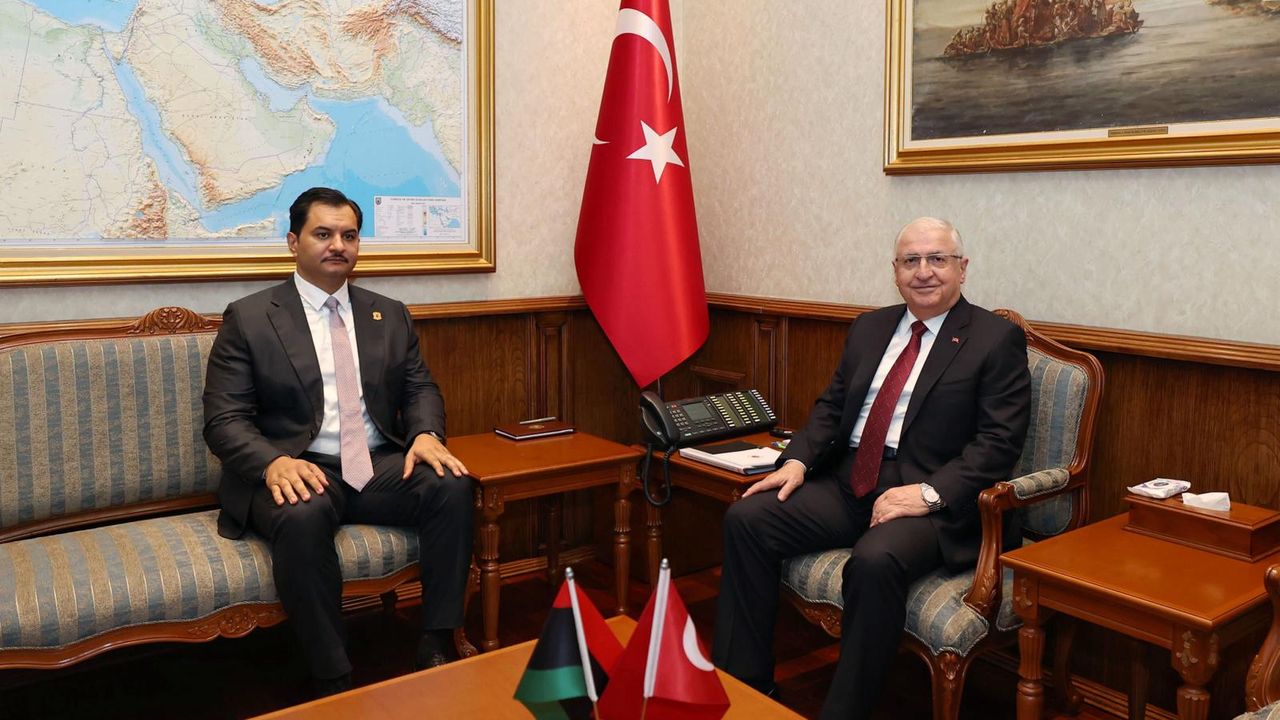Tunisian MPs propose stripping central bank of interest rate power

A bill proposed by Tunisian lawmakers on October 18th would end the country’s central bank’s power to adjust interest rates and foreign exchange policy, according to the Arab Weekly and agencies.
If the law is passed, it would mean the central bank must only take such action in consultation with the government, although it would still be able to finance the treasury. The step will undermine the central bank’s independence following criticism from President Kais Saied.
The potential change comes as public finances face a crisis – the country hasn’t been able to secure western funding since Saied took almost all power back in 2021, which the opposition described as a coup.
READ: Algeria announces summit with Libya and Tunisia
27 lawmakers warned that the country would go bankrupt if the law wasn’t changed. They say the current law, which has been in place since 2016, doesn’t allow the central bank to make either loans to the public treasury or direct bond purchases, and has led to huge losses for the state estimated at $36.6 billion.
Another proposition in the bill is that the bank will not be able to sign agreements with foreign oversight authorities without presidential approval.
Last year Saied rejected the independence of the central bank, saying it should lend directly to the state treasury to avoid costly loans through banks. This January, Tunisia’s government asked the central bank to provide $2.25 billion of direct funding to the treasury in order to fill a budget deficit.
Marouan Abassi, former, central bank governor, warned that buying treasury bonds included risks, including upward pressure on inflation, and a drop in the value of the country’s currency. Abassi was replaced earlier this year with Zouhair Nouri.
READ: Human Rights Watch says Sudanese refugees facing ‘grave risks’
The Bill would allow the central bank to buy government bonds from banks and lend directly to the treasury up to 3% of GDP with maturities of more than five years. Reuters was told by financial sources that the move is likely to pave the way for a new request from the government for the central bank to provide up to $2.6 billion in direct facilities and loans to the treasury.
Arab Weekly and agencies
Want to chase the pulse of North Africa?
Subscribe to receive our FREE weekly PDF magazine













